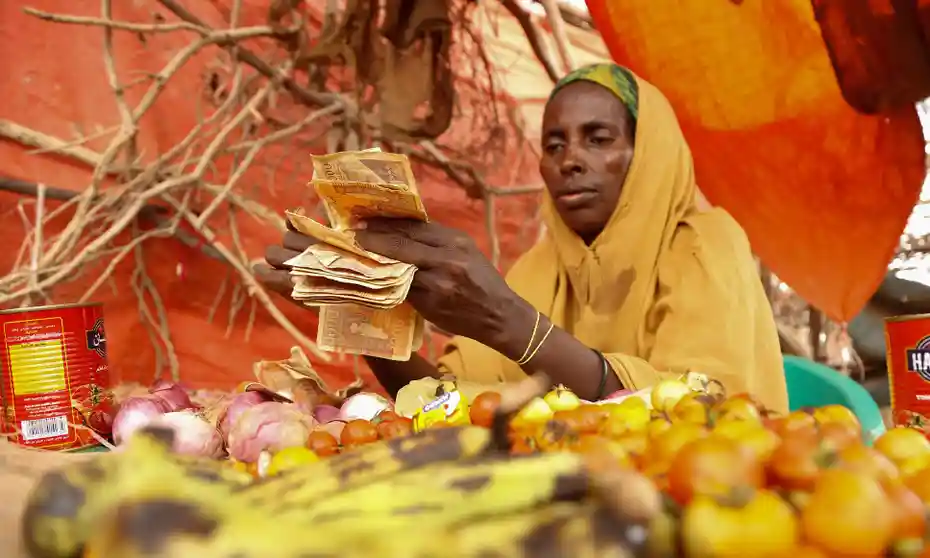IMF deal is ‘major milestone’ in the revival of one of the world’s most troubled nations
Roula Khalaf, Editor of the FT
December 13,
Somalia is set to receive significant relief of its international debts, allowing a country battered by civil war, terrorism and near economic bankruptcy to rejoin the global financial system after an absence of some 30 years.
Total relief of $4.5bn under the IMF’s Heavily Indebted Poor Countries initiative would slash Somalia’s debt as a proportion of gross domestic product from 65 per cent to about 6 per cent. If the IMF board approves the debt write-down on Wednesday, it would mark what the fund has called “a major milestone” in the revival of one of the world’s most troubled nations.
The Horn of Africa nation shattered into clan warfare after the fall of the communist government of Mohamed Siad Barre in 1991 and a failed US attempt to stabilise the country. This ended with the 1993 shooting down of three US helicopters in what became known as the Black Hawk Down incident.
For the past 15 years, successive governments in Mogadishu, which have held only tenuous sway over a divided country, have been fighting an Islamist insurgency led by the al-Shabaab militant group. Thousands have died in raids and explosions, while the militants have also launched attacks on neighbouring countries, including in Kenya in 2013 when 71 people died in an assault on Nairobi’s Westgate mall.
The current government of Hassan Sheikh Mohamud, who returned as president for a second stint in 2022, claims to have made progress in suppressing al-Shabaab, but now faces one of Somalia’s worst droughts in living memory.
Officials close to Sheikh Mohamud said the debt-relief deal would be a turning point and was an endorsement of the administration’s progress in tackling the country’s deep-seated economic and political problems.
Conclusion of debt relief would allow Somalia to access concessional loans, a senior official in the president’s office told the Financial Times this week. A $100mn three-year IMF programme concluded last month would ensure continued progress with economic reform, eventually paving the way to sustained growth, he said.
“It’s a huge weight off Somalia’s back and enables them to focus on other economic priorities, to tackle poverty and provide jobs,” said Ahmed Soliman, a researcher at the Chatham House think-tank in the UK, of the debt-relief package. “You can’t achieve physical security without working towards the country’s economic prosperity.”
The IMF and the World Bank’s International Development Association approved the debt write-off after Somalia reached so-called completion point following the implementation of 13 out of 14 requirements related to expenditure, tax collection, governance, statistics and poverty alleviation.
As part of the deal, bilateral creditors have written off $3bn in debt. Russia, which propped up the Siad Barre government in the 1970s and 1980s, granted Somalia debt relief of $684mn in July.
The debt-relief process, which has taken nearly a decade, has spanned three administrations and marks the thawing of relations with an international community that has for 30 years treated Somalia as a dangerous trouble spot. The UN Security Council this month lifted a 32-year embargo on arms shipments to the government in Mogadishu.
The IMF and World Bank launched the HIPC initiative to cut the debt of poor highly indebted countries in 1996 and most of the 39 eligible countries had received substantial debt write-offs by the early 2000s. Following the Somalia deal 20 years later, Eritrea and Sudan are the only eligible countries yet to complete the process

